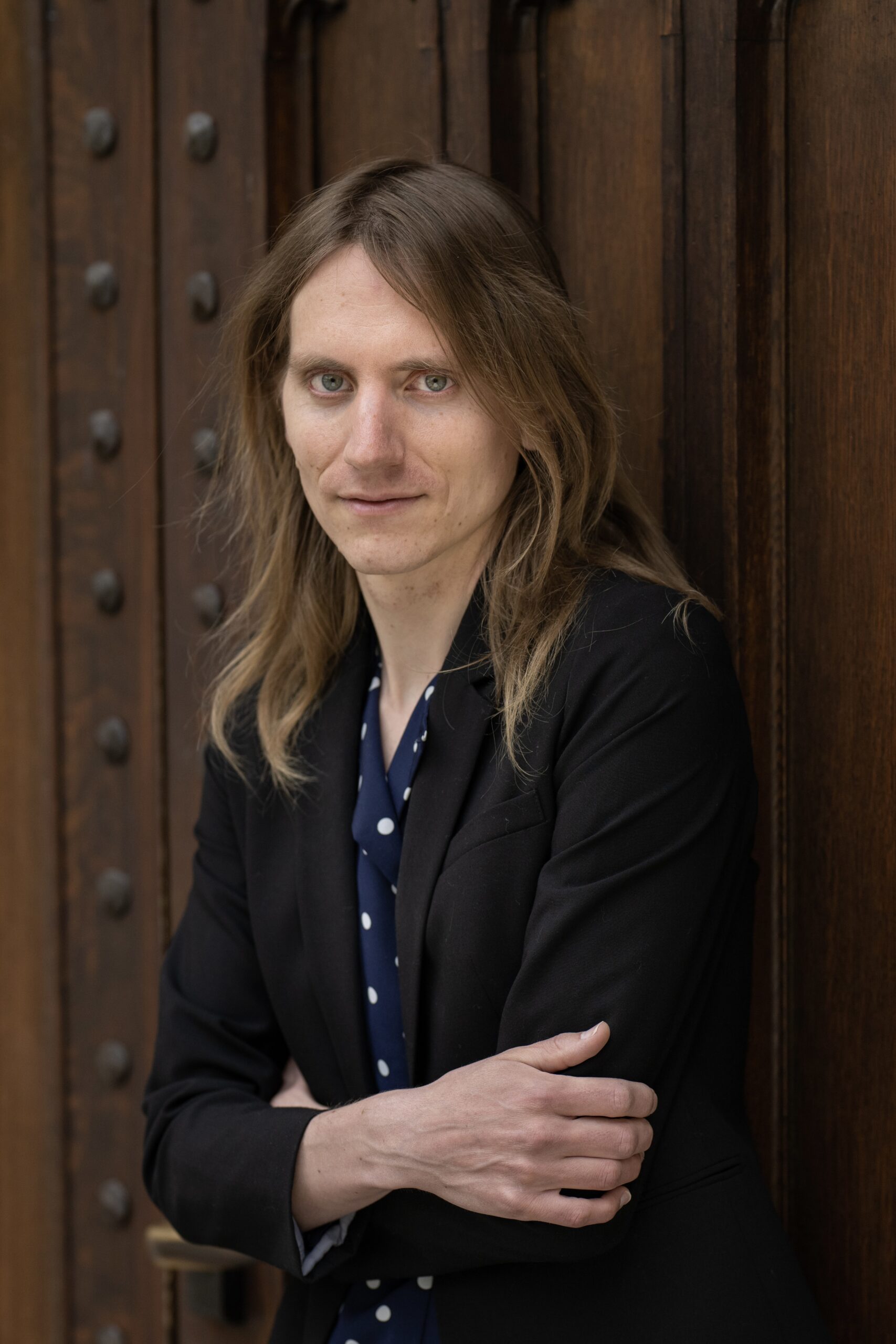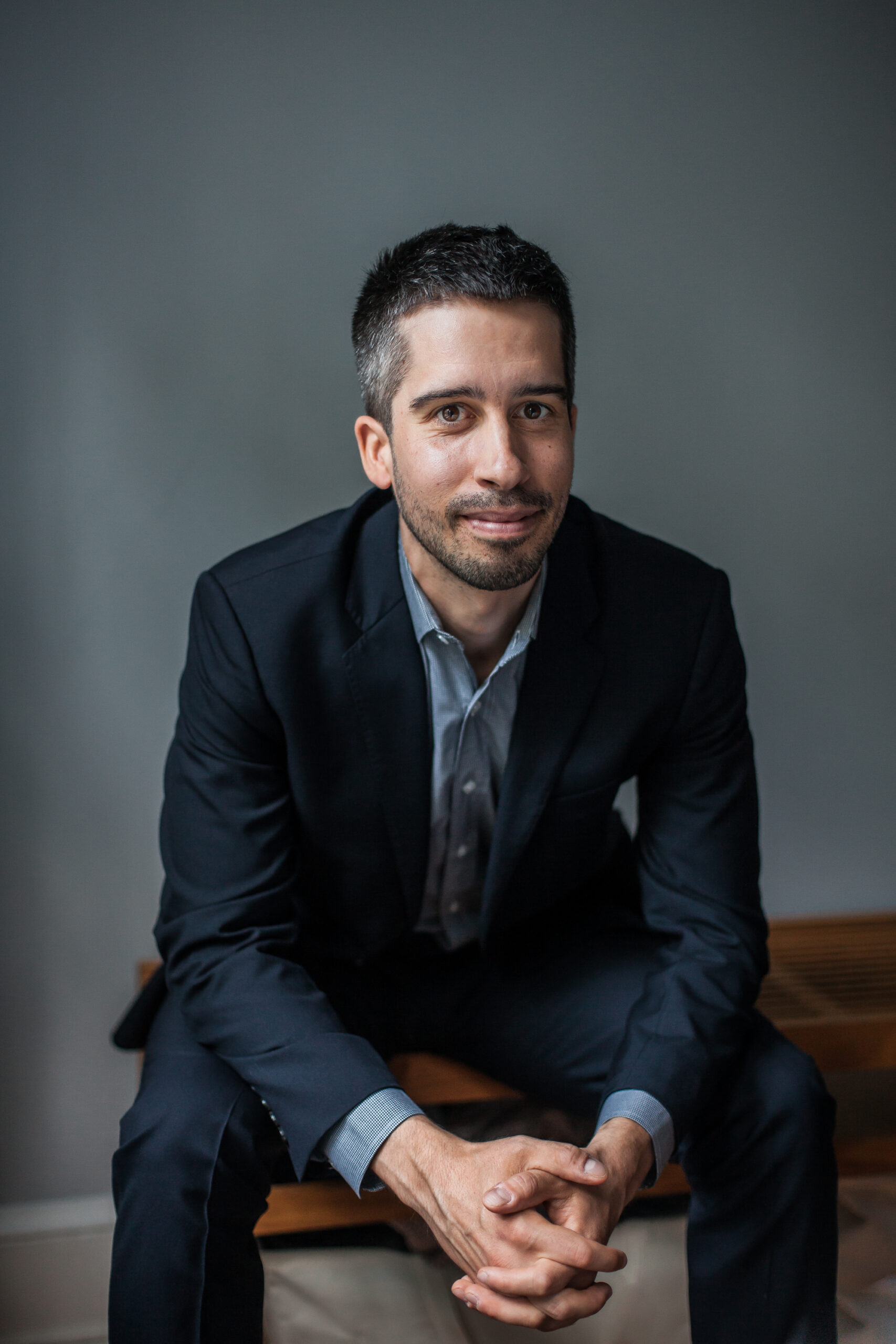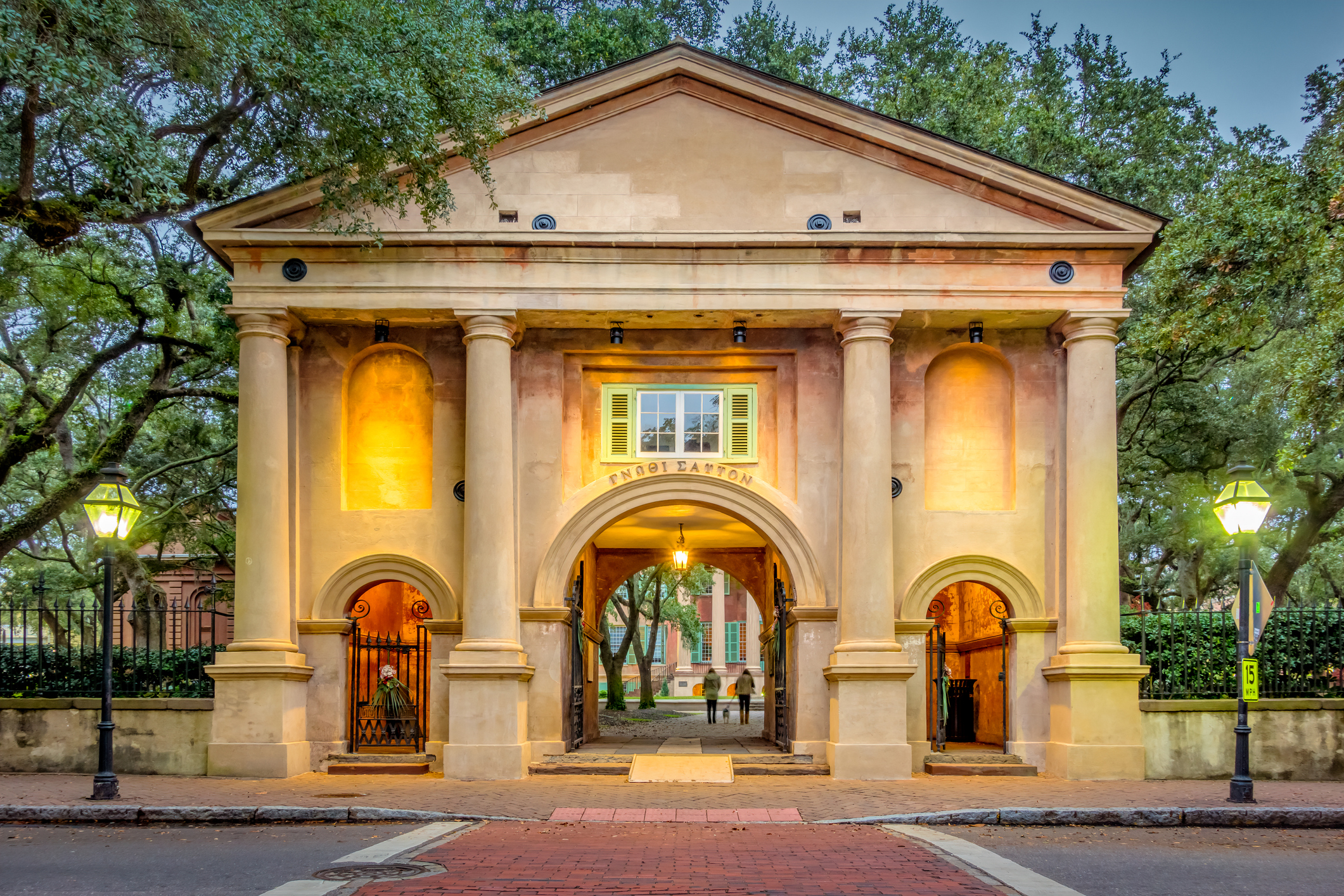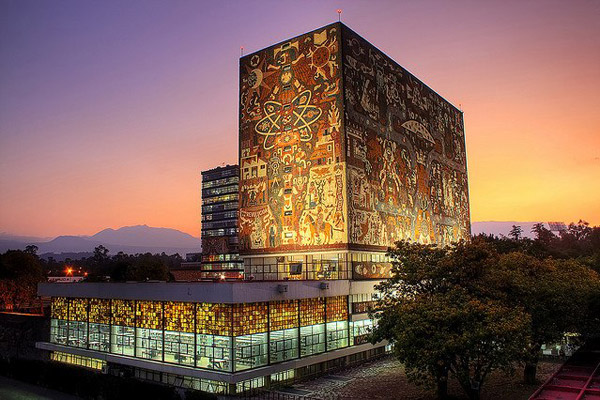By Dael A. Norwood
December 19, 2017
Global Trade and Revolution: The Politics of Americans’ Commerce with China
Today’s post accompanies “The Age of Revolutions,” episode 165 of Ben Franklin’s World and part of the Doing History 2: To the Revolution! series. You can find supplementary materials for the episode on the OI Reader app, available through iTunes or Google Play.
In February 1784, just over a month after the U.S. Congress had ratified the Treaty of Paris and proclaimed the end of the war for Independence, the ice damming New York’s harbor finally receded. In its wake came a small, square-sterned ship: the Empress of China.[1] What set the Empress apart from the other ships leaving New York that winter was its ambition. It was bound for Canton, China – Guangzhou – a port no other American ship had yet reached. Seeking that distant destination, the ship was loaded with more than just ginseng and Spanish dollars as it sailed down the East River; it bore Americans’ hopes for a new era of prosperity, too. Read More
Doing History
14 min read




![OI-Colloq_OLeary_Quinn_image-scaled[1]](https://oieahc.wm.edu/wp-content/uploads/OI-Colloq_OLeary_Quinn_image-scaled1.jpeg)
![FarberZakimTitleCard[1]](https://oieahc.wm.edu/wp-content/uploads/FarberZakimTitleCard1.png)